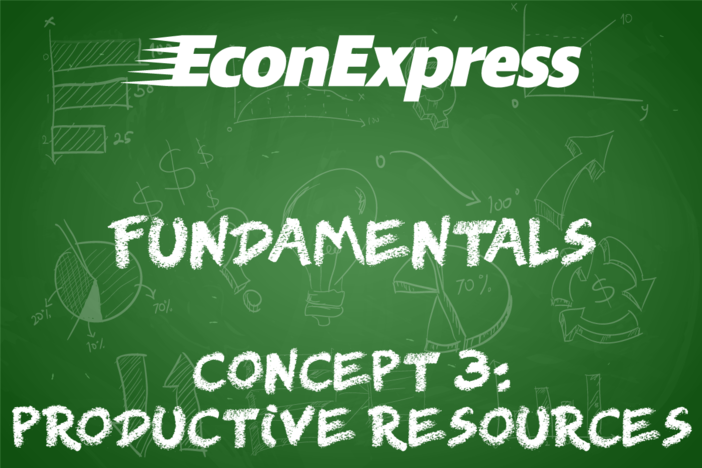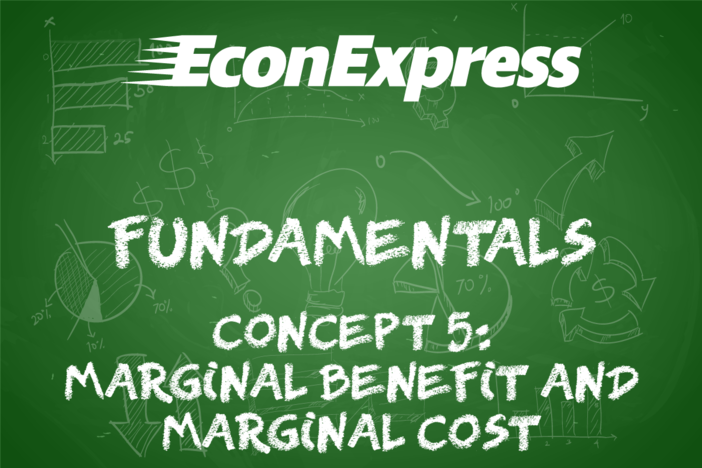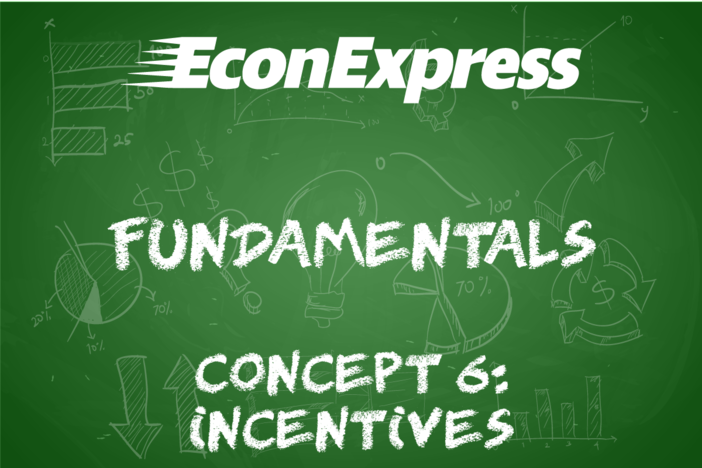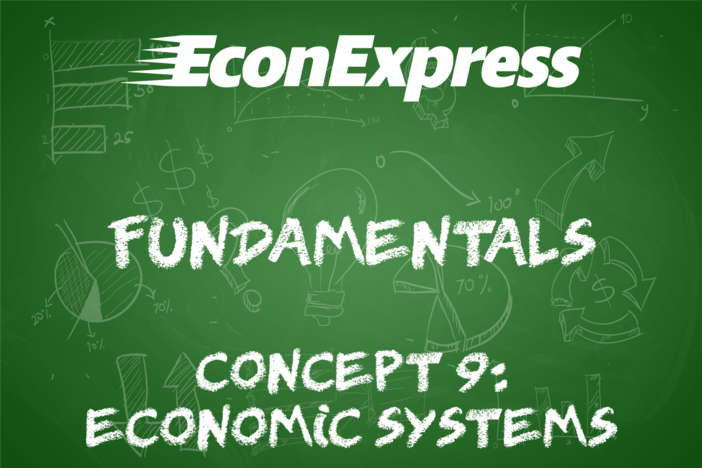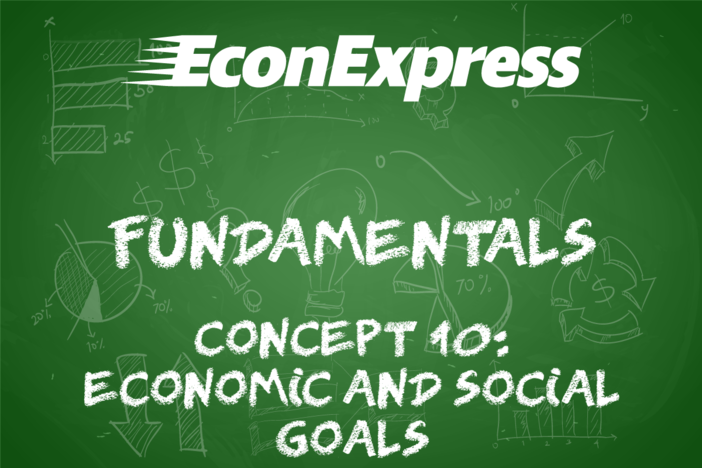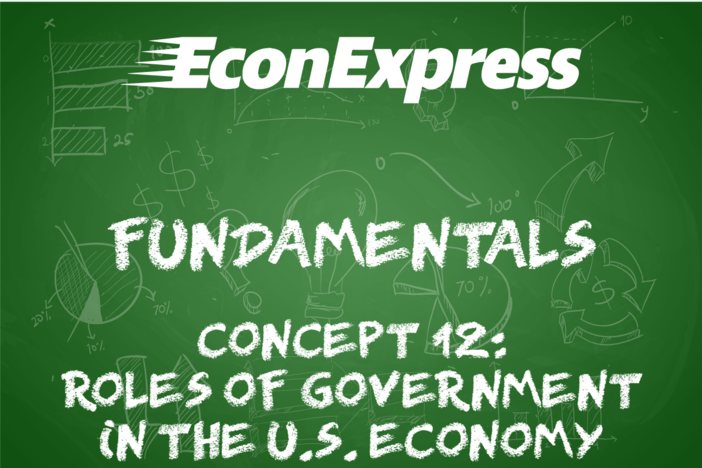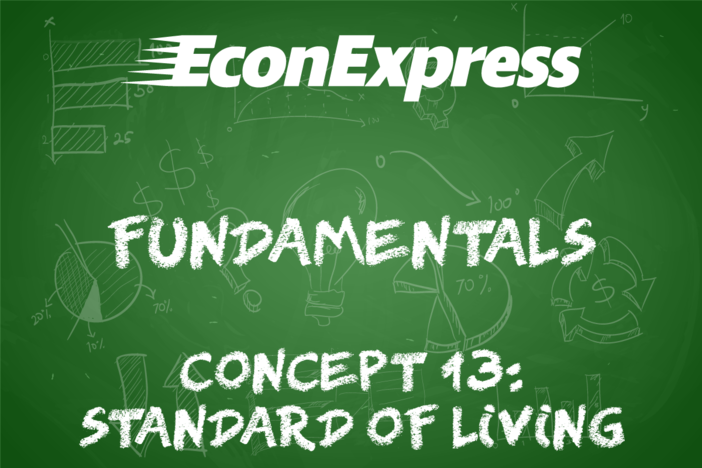Concept 8: Voluntary Exchange
Overview: When you purchase something you may tell the cashier "thank you." Typically, the cashier will reply "thank you" as well. This concept explains why.
Learn
Beginner

Concept 7 explained that specialization creates a need for voluntary exchange. For example, a software programmer will only devote her scarce time to coding if she trusts that someone else is producing food she needs to survive – and she will be able to trade for them. Fortunately, this is likely to happen because in a voluntary exchange, both sides (buyer and seller) should be better off after the exchange. Voluntary exchange is a critically important concept at all levels of the economy. Households rely on different family members to perform certain chores just as nations rely on other nations to produce certain goods and services. Since individuals do not have to do everything for themselves, they are in a better position to do what they are good at (if they choose).
Intermediate

The “voluntary” portion of voluntary exchange is critical. In a true voluntary exchange, both sides are willing participants in the exchange who expect to benefit– otherwise, they wouldn’t do it. In market economies, the vast majority of exchanges work this way, as both buyers and sellers are free to make their own decisions.
In less free economies, the degree to which exchanges are voluntary is reduced. There are examples of people being forced to work, required to give up property for no compensation or turn over huge portions of their wages to the government without getting public services in return. In addition, individuals are sometimes required to buy goods or services they may not value in order to meet government requirements, like license plates or building permits. Each of these would qualify as a non-voluntary transaction, where one side gains at the expense of the other.
Advanced

Voluntary exchange is tightly linked to the economic concept of interdependence. Expectations develop over time that certain goods and services will be produced and made available by certain actors in the economy. In addition, producers develop expectations about their ability to exchange products for money to buy the goods and services they need. When these expectations are not met, real crises can occur. In the 1920s, American farmers produced more and more output with an expectation of high grain prices. When prices fell, the farmers were unable to earn enough to survive, and many went bankrupt. This breakdown led to major changes in government agricultural policy.
Click a reading level below or scroll down to practice this concept.
Practice
Assess
Below are five questions about this concept. Choose the one best answer for each question and be sure to read the feedback given. Click “next question” to move on when ready.
Social Studies 2024
Explain how individuals, businesses, and governments benefit from specialization and voluntary, non-fraudulent trade.


